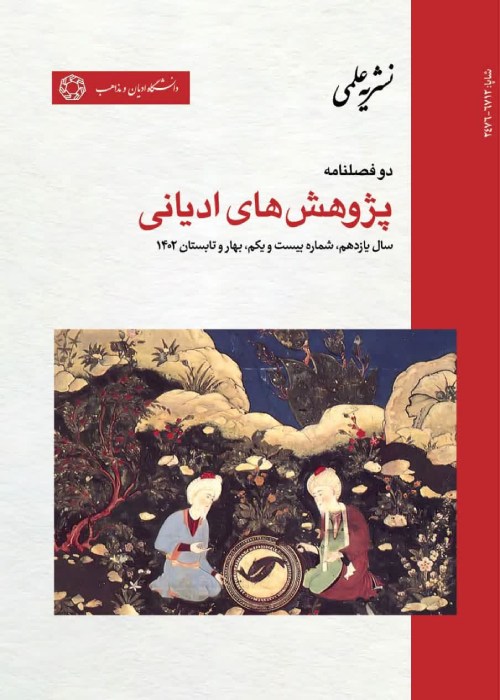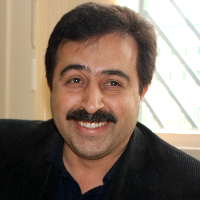Examining Jerome Gellman's Proposed Definition for Mystical and Religious Experiences
The definition of mystical experience and religious experience, as well as the relationship between them, has always been one of the issues discussed by religious and mystical researchers. Due to the diversity of so-called mystical and religious experiences and also due to the ambiguity in the two terms "religion" and "mysticism", we are faced with various definitions of these experiences and it is difficult to propose a consensus definition.One of the proponents in this field is Jerome Gellman, a contemporary philosopher of religion and researcher of mysticism. With an innovative design, Gellman divides mystical and religious experiences into four categories: general mystical experience, specific mystical experience, general religious experience, and specific religious experience. He defines each of these terms separately and mentions specific examples for each to make them clearer. In this article, we will first quote his point of view and then examine and evaluate it. In our opinion, although Gellman's innovative view has positive aspects, it is ultimately a proposed definition that is neither comprehensive nor able to solve the problems in the special field completely he is interested in i.e. philosophy.
- حق عضویت دریافتی صرف حمایت از نشریات عضو و نگهداری، تکمیل و توسعه مگیران میشود.
- پرداخت حق اشتراک و دانلود مقالات اجازه بازنشر آن در سایر رسانههای چاپی و دیجیتال را به کاربر نمیدهد.



